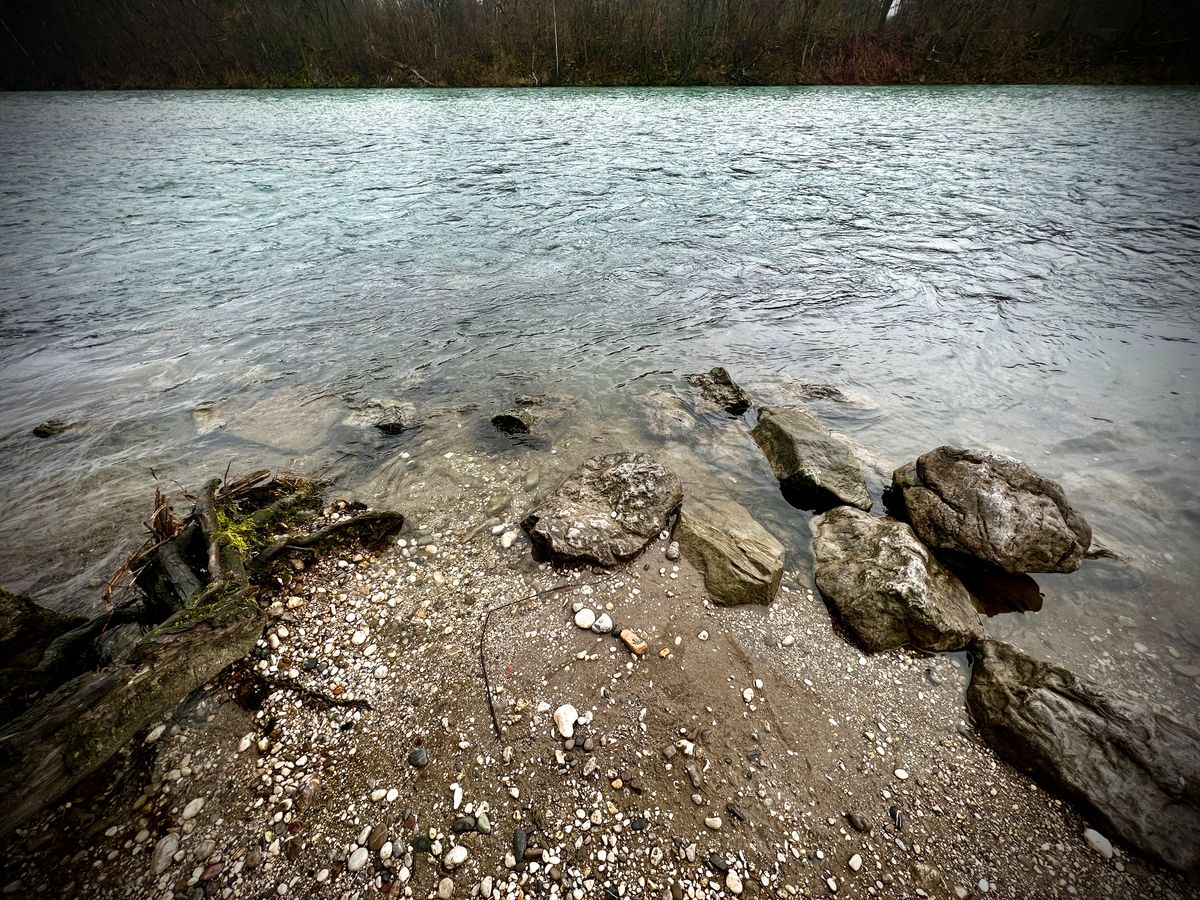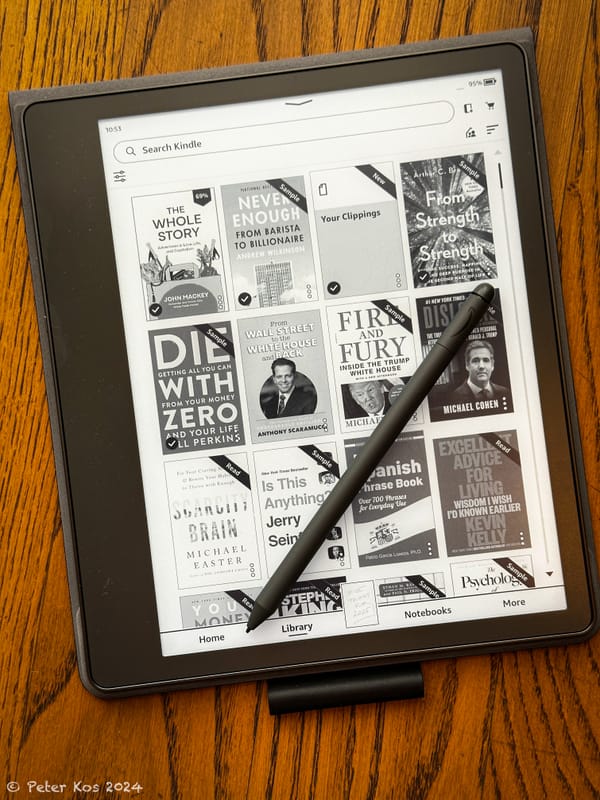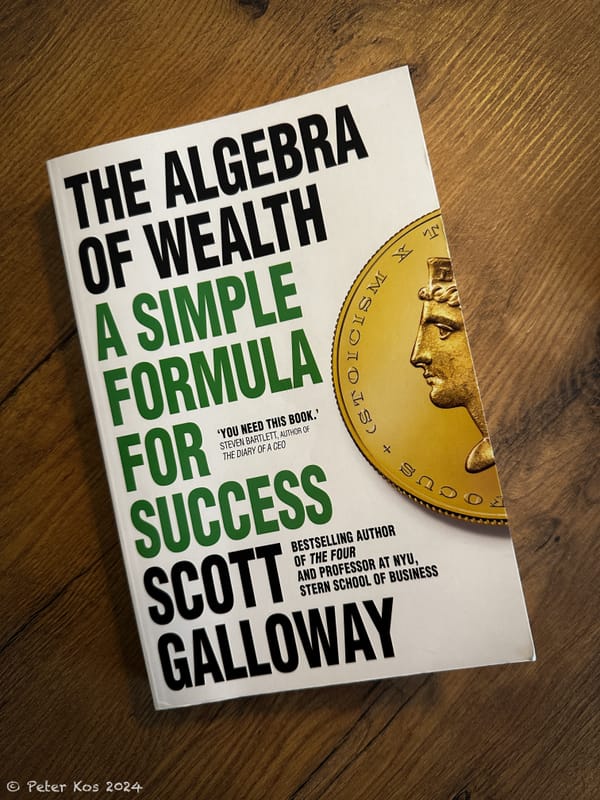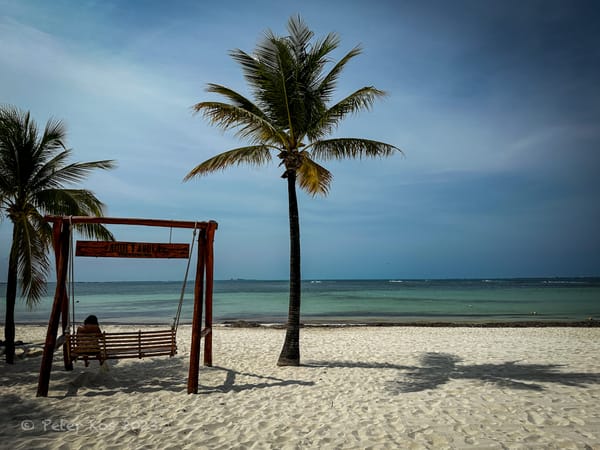Wellness Day
You aren’t working from home but living at work. Take your time off seriously.

Here’s how it works. You have a dream of building a career. Instead of becoming a doctor or a lawyer or whatever your demanding parents’ idea of coping with the insecurities and disappointments of their own lives were for you, you enter a corporate world.
You start at some entry-level job and quickly realize that whatever they taught you at school is completely irrelevant and useless in the real world. If you don’t give up in the first couple of years and make it through that first invisible role, you’re hooked.
You’re young and energetic, without kids or family, and you can work long hours, go beyond, learn whatever you can, and fake it till you make it. You work your ass off, encounter some politics, pricks, idiots, and louse managers, but there’s a good chance you find that one mentor or a manager you like and stick to.
Your friends seem more relaxed and have more free time, but the money is good, and you enjoy being part of the corporate army (they call it “family”).
Years pass by, and you climb that corporate ladder. There are bonuses and perks, such as stock rewards, corporate retreats, sales kickoffs, and the President’s clubs. Your friends are still relaxed and stuck at the same jobs they started with.
Eventually, the old friendships wear out as you have less and less in common, and with the time you spend at work where you make new friends, you most probably also find your life partner.
Of course, there are tough times, rocky quarters, bad economic cycles, and you might get fired, but you find another corporate family.
At the top of one of these economic cycles, drunk with low-interest rates and booming economies, certain someone many time zones away decides to lunch on flying rodents which turns into a global pandemic that brings everything to a halt.
That’s a complete stop. You aren’t allowed to go to the office; you work from home, interact with people via video chats, and work out on your balcony.
Some people break, but you might find it exciting. It’s a new thing, so you spend cash on building an awesome home office complete with fake background bookshelves and a standing desk. You only need to dress well for the upper half of your body and don’t even need to wear pants anymore. This is fun (as long as you don’t get caught naked).
Eventually, you realize you aren’t working from home but living at work. There are no work hours anymore, and if you labor for a global company, you experience after-midnight or pre-dawn meetings.
There are fewer and fewer cameras turned on during the meetings, and you suspect some of your colleagues not location bound (read: no kids) work from exotic locations. You can hear the birds chirping; some are proud to show their new beach backgrounds.
And some people burn out. Yes, many of us need the guidance of (micro)managers or at least a discipline of coming to and going from- the physical place called work. The office.
The corporate HR folks got bored during the pandemic when they weren’t firing anyone, so they found their value in Zoom cooking hours, after-work cocktails, and sometimes even video workouts.
As soon as they realized that people might easily switch jobs because the corporate culture is filtered when it’s only remote, they figured out extra perks. Things like “no meeting Fridays” (replacement for good ol’ Casual Fridays), naked Thursdays (OK, I made those up, but they probably exist somewhere?), and the Wellness Days.
The latter are usually global, corporate-wide shutdowns. It’s basically a free vacation day for everyone at The Company. They encourage you to share what you do via social media (#WellnessDay), and it can be fun. But, just like everything, they wear off.
I have to say that, as leaders, it is up to us to ensure people use their Wellness Days properly. It starts by setting an example. We shouldn’t send emails or chat messages, call or disturb anyone in any way.
Another important part is discouraging those feeling guilty for not working, trying to signal they’re actually working during the Wellness Day. You see, there’s no heroism in working during the day off. Everybody needs a recharge, even though some don’t want to admit it.
Here’s how I do my Wellness Days. As an organized and disciplined individual, I like having a plan. It can be as sophisticated as a getaway to a warm place or as simple as enjoying time with my family — and especially myself.
I set up the Focus (Do Not Disturb) on my phone, so there won’t be any calls, pings, or disturbances (notifications) during the entire day. The only exception is my family, and that’s easy to set up with iOS devices.
Here’s a real scenario from the latest Wellness Day. I slept without an alarm clock, which this time meant I got up a bit before 7 am. Surya Namaskar, coffee, journaling.
Next, I went for an invigorating run on the banks of the nearby river, inhaling the damp morning air while enjoying the views of Sava’s emerald-colored water. 10K run completed, shower, and an hour for relaxation. The next activity was a vigorous F45 workout to add some strength training to the morning aerobic activity. In the afternoon, I met my daughter for lunch, enjoying those rare moments when you can have an undisturbed conversation with your teenager. In the evening, I had a nice dinner and a bottle of Riesling with my wife. That’s a Wellness Day right there. Too good for Instagram.
Of course, when I checked my phone, it was boiling with notifications, and I followed up only on what couldn’t wait till Monday. And yes, I spent a couple of minutes disciplining one of my team members for working on his Wellness Day.
I don’t remember any Wellness Days pre-pandemic, so I take this post-covid side-effect with appreciation and gratitude.
And surely, it inspired me to write this article.





